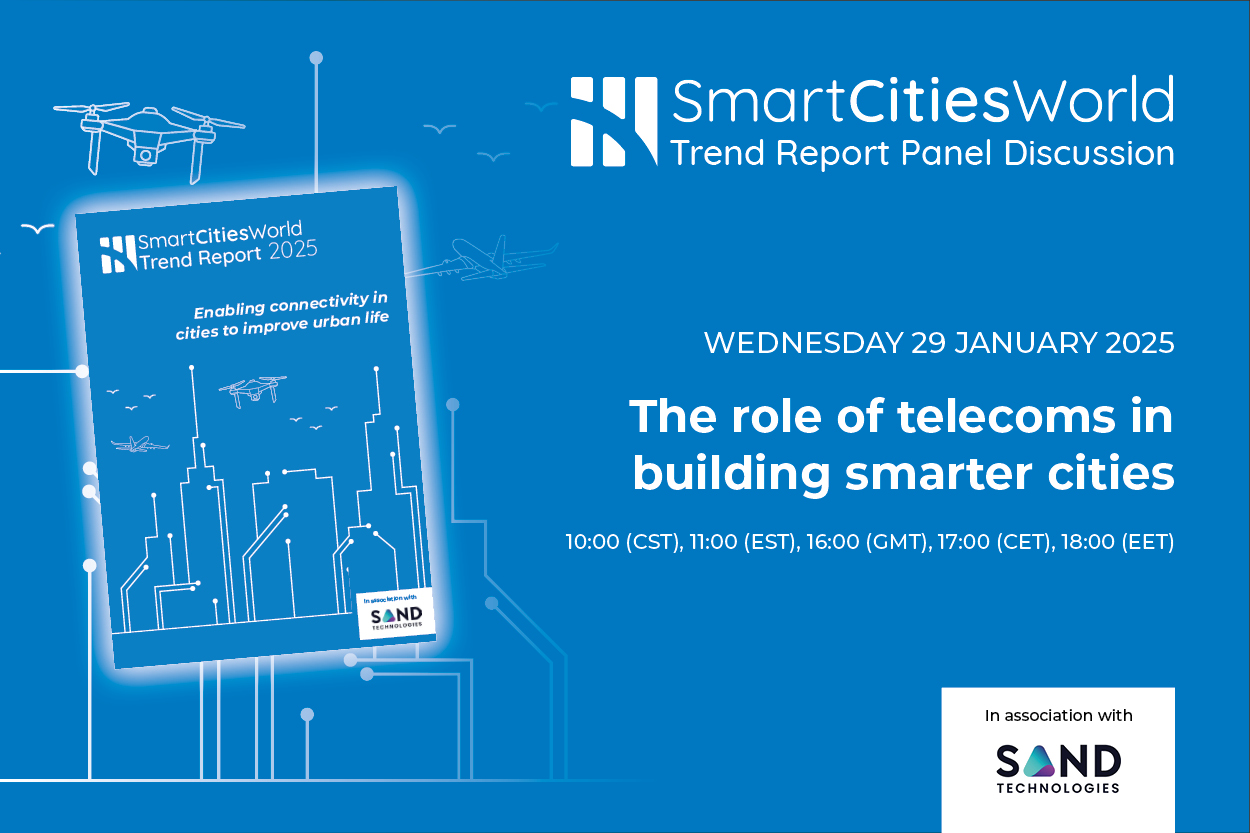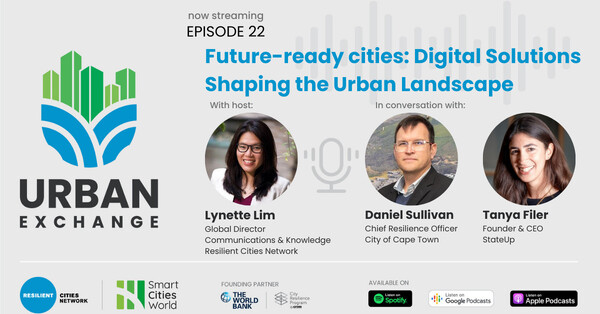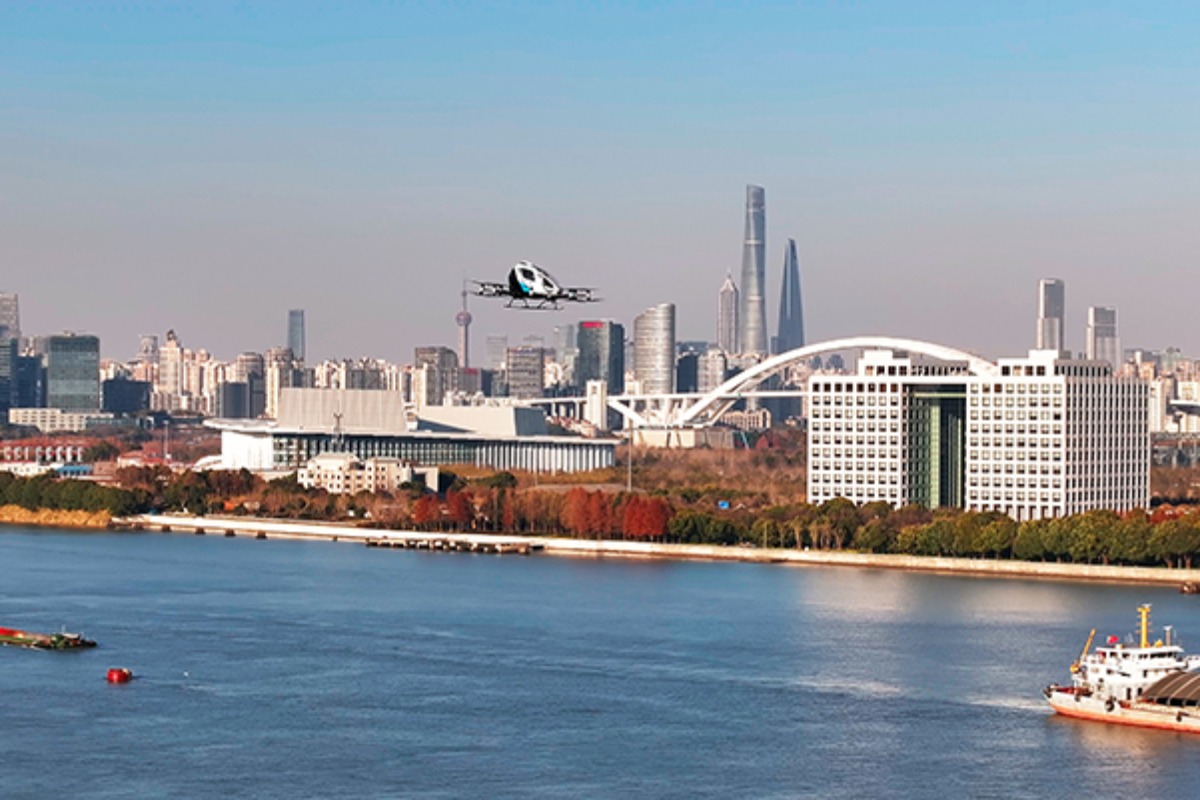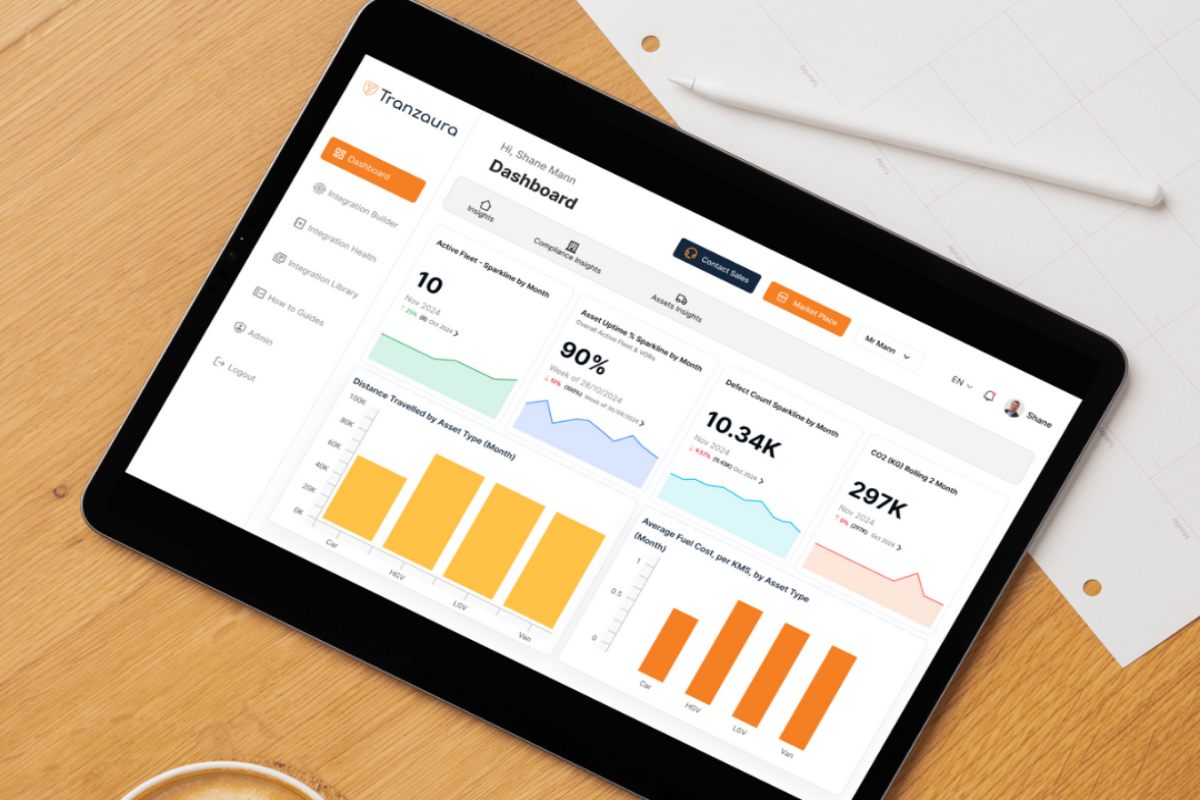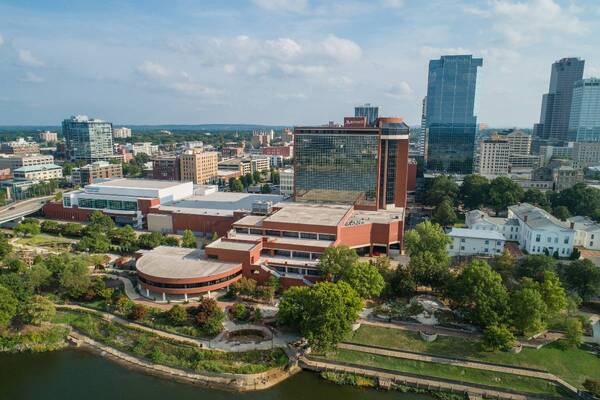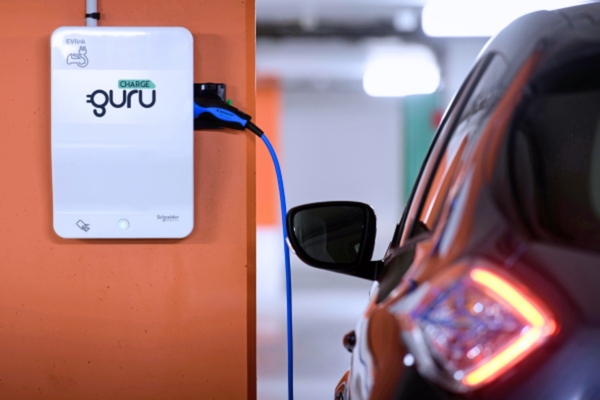Special Reports
SusHi Tech Tokyo 2024: experience ‘Tokyo 2050’ todaySponsored by The SusHi Tech Tokyo 2024 Showcase Program Executive Committee
Podcast: How distributed acoustic sensing can give greater insight into your smart city, with Fotech
In the latest SmartCitiesWorld podcast, Sarah Wray talks to Chris Shannon, CEO of Fotech Group and Stuart Large, Product Line Director & Business Development.

This podcast is in association with Fotech Group.
Fotech Group tracks tens of thousands of kilometres of fibre each day to give insight into a myriad of areas, from transit networks to high-value assets, through a combination of artificial intelligence and edge computing.
It can equip cities with the necessary information to optimise its day to day operations and improve its environment by reducing congestion and pollution.
Below are some edited highlights from the discussion. For more detail or to listen on the go, download or stream the podcast.
SmartCitiesWorld: Can you tell us about photonics and how it works?
Stuart Large: We use a standard optical fibre that brings the internet to your home or business and we connect our device to one end of that fibre. We send thousands of pulses of lights down this fibre every second and look for disturbances occurring in the environment around that fibre.
SCW: How can this technology improve a city’s transport network, for example?
Large: The software has the job of looking at the signatures of the vehicles moving along the road, and allowing us to count the number of cars passing the various points along the fibre. That’s flow rate, determining the velocity of the cars moving on the road, maybe some form of categorisation, whether it’s a lorry or a car or a light goods vehicle, for example.
Then there’s a level beyond that to identify where there may be a traffic queue: to determine how long the queue is at sets of traffic lights or see where maybe there’s been an incident in the roads because of a breakdown or an accident that’s causing some congestion. What we want to do is deliver a stream of data [for] a traffic management system, or perhaps even to emergency services that can then act on that data.
SCW: How do you assuage privacy concerns?
Large: The good thing about distributed acoustic sensing is that it is truly anonymous. We see no faces. We don’t see any registration plates on cars. But we are gathering the data we need for making decisions...For example, the number of cars that are waiting in a traffic line, or perhaps areas where there’s high density of footfall. But we’re not picking out in any individuals. [The city] gets the best of both worlds in that sense.
We’re interested in looking at the application of test data on a more holistic level.
SCW: Can you elaborate on the security advantages of this technology?
Chris Shannon: Many of the fibre optics that run around the city are carrying highly valuable important data that can be time sensitive or security sensitive. If you think about cables that might be running data to a financial district, for example, it’s extremely important that those communication channels remain up.
We can protect those cables against nefarious intervention from people that may be trying to extract data, or from maintenance activities that could accidentally dig through the road and break those cables without even realising they are there. We can alert the telco to the fact that there is activity going on which could cause the damage to the cable. Traffic can then be rerouted before any damage is done, maintenance activity can be monitored, and then everything put back straight once it’s finished, without having interrupted any of the data traffic flows.
SCW: How will Fotech’s technology be deployed as smart cities become more sophisticated?
Large: We’re interested in looking at the application of test data on a more holistic level. Rather than just...providing particular data feeds, [it’s looking at] how the data fits into the bigger picture, working alongside the other sources of data and other inputs to get that holistic vision of the city and help at the higher level.
I wouldn’t be at all surprised if in, say, five years time we’re working together with the telecoms providers and saying let’s just put the fibre in a slightly different place or connect in a slightly different way with minimum impact to them but which vastly increases the wealth of the data that we’re able to provide to the city and therefore the value of the solution.
Listen to the full podcast for further insight into how Fotech’s solutions can also protect critical infrastructure and encourage the deployment of fibre broadband.
